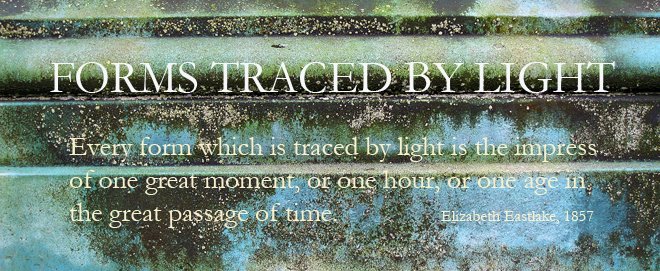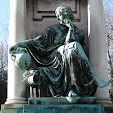MLA was fun - though somehow I didn't get to see all the people I'd hoped to see - but nothing beats being met by Alice at Albuquerque airport, and driving straight back up I-25 to Harry's Roadhouse ...
New Year's Resolution will settle in a little late - but because I'll be teaching my Writing and Photography course again, albeit in a somewhat different format than at Rutgers, I'll settle back into actually writing about photography this semester again. I think. I've been walking around all day thinking about the excellent panel that I went to first thing, about being suspicious about the hermeneutics of suspicion (not its real title) - and much though I can understand one of the basic premises that was being aired (that to read suspiciously, to uncover the real ideological biases underlying a text, to claim to know more than the text could ever know, is to practice a form of hierarchy-perpetuating power politics) [again, my terms] - much though I can grasp this, I feel that it would also be easy to slide into a recursive hall of mirrors. Once one's suspicious of one's own interpretive activity, where does one stop, or pause? And yet ... surely one shouldn't read in a way that glosses over a text's underlying political (in the broadest sense) assumptions? To do so is to ignore how social attitudes are transmitted and perpetuated through rhetoric - including how one might unthinkingly perpetuate them oneself. Etc. I kept remembering, though, a Hopi student whom I taught in a Bread Loaf class who said that in trying to encourage the class to think critically, I was behaving in what she construed as a colonizing manner, trying to force texts into subordination through my claims of dominance over them, just as white people had tried to dominate native cultures (the text in question, so far as I remember, was Daniel Deronda). I argued back at the time, promoting the virtues of critical thinking, but many of the attitudes articulated today seemed to be offering a more nuanced and articulated version of the same point. Whether or not it is the same, however, voiced by tenured people on an MLA panel, as opposed to a Hopi schoolteacher, is a moot point.



No comments:
Post a Comment